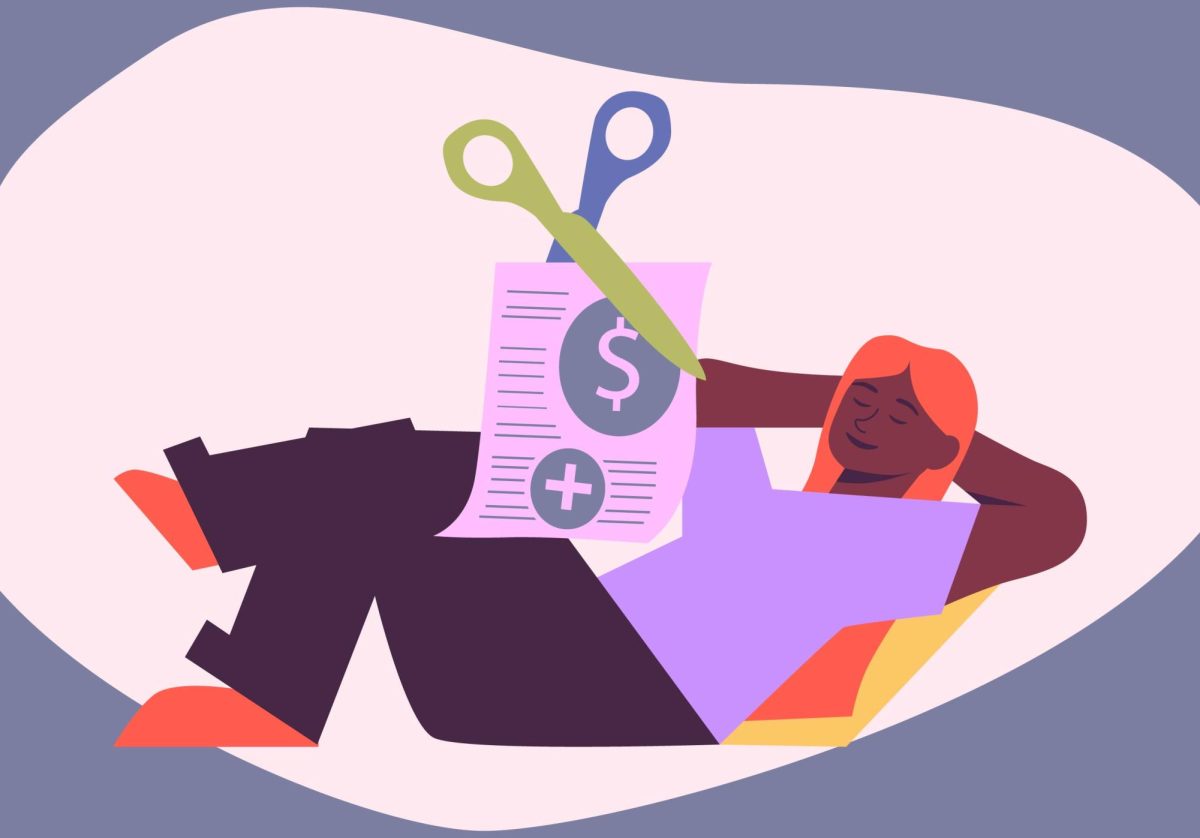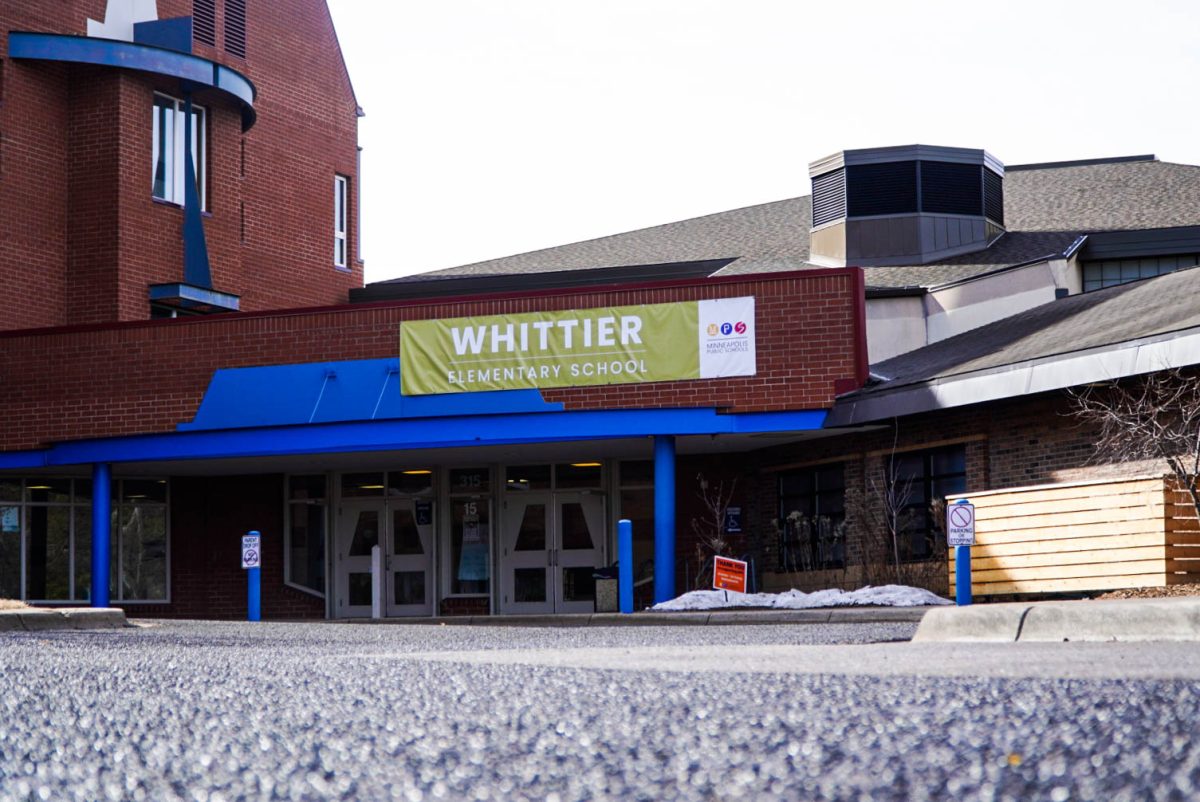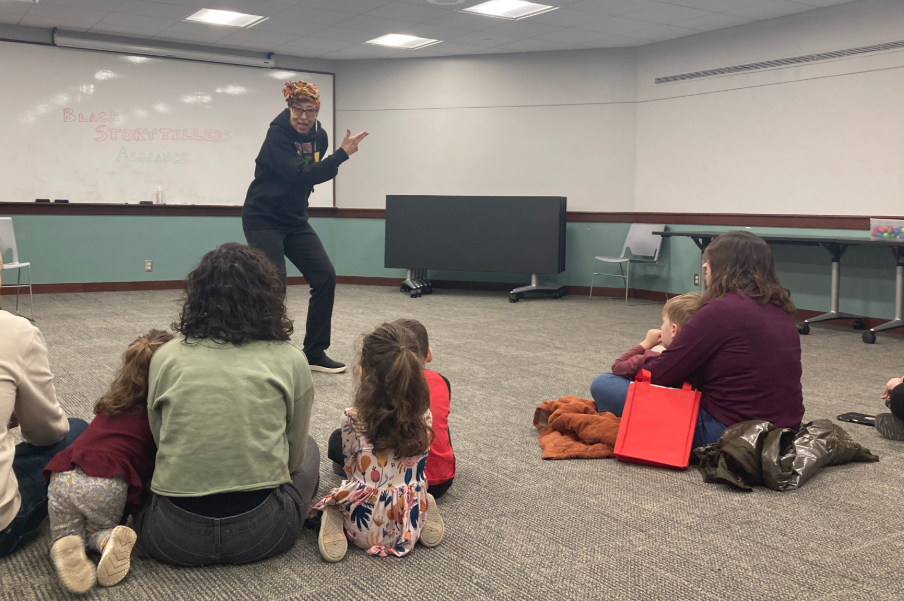St. Paul announced they are relieving over $40 million in medical debt for around 32,000 residents as part of Mayor Melvin Carter’s Medical Debt Reset Initiative.
The city is partnering with Fairview Health and Undue Medical Debt, a non-profit that works to erase medical debt, to use $1.1 million from the American Rescue Plan to eventually relieve around $110 million in medical debt over the next few years, according to a statement from Carter’s office.
Under Undue Medical Debt’s model where they work alongside the hospitals, $1 gets rid of $100 of medical debt, the organization’s CEO Allison Sesso said.
“That’s why we’re able to, for very low amounts of money, get rid of medical debt,” Sesso said.
The average amount of debt erased was $268 with the highest totaling $104,972, according to the city’s statement.
Residents who qualify will receive letters in the mail notifying them that their debt was erased, the statement said.

In the partnership, St. Paul provides the funds for Undue Medical Debt to work with healthcare providers to get the data necessary to analyze and relieve patient medical debt, Sesso said. They give that information to the mayor and city to write and sign off on the letters.
“What it does is it creates an opportunity to talk about the issue of medical debt and its impact on people,” Sesso said.
Fairview Health President James Hereford said in the statement that through this partnership with the city and Undue Medical Debt, the community can become stronger and healthier.
“Health is not only about buildings, hospitals, or clinics – health care is about meeting the needs of patients where they are and doing whatever we can to improve health outcomes and decrease cost,” Hereford said in the statement. “Our partnership with the City of Saint Paul and Mayor Carter reflects our longstanding dedication to seek innovative solutions that have long challenged the health care sector.”
Even among people with insurance, around 54% of adults have medical debt, Carter said in the statement, which can impact all areas of someone’s life.
“Medical debt is a major barrier holding our neighbors back from prioritizing their health,” Carter said. “By removing the burden of debt, we invest in the long-term health of our entire community.”
Sesso said there are many problems in the healthcare system. Someone may have to go to a doctor or hospital that is not covered by their insurance, making it hard to avoid debt.
“Medical debt is a unique kind of debt because you don’t really control if you get into it,” Sesso said. “The number one predictor of whether or not you end up in medical debt is whether or not you get sick.”
An important part of Undue Medical Debt’s work is to encourage policymakers, hospitals and insurance companies to do more to solve the issue fundamentally, Sesso said.
“By doing this work, we’re talking about this issue in a way that we hope that there’s bigger solutions that we can’t put forward,” Sesso said. “We have a public policy department that really thinks about solutions that are bigger than us as an organization.”














